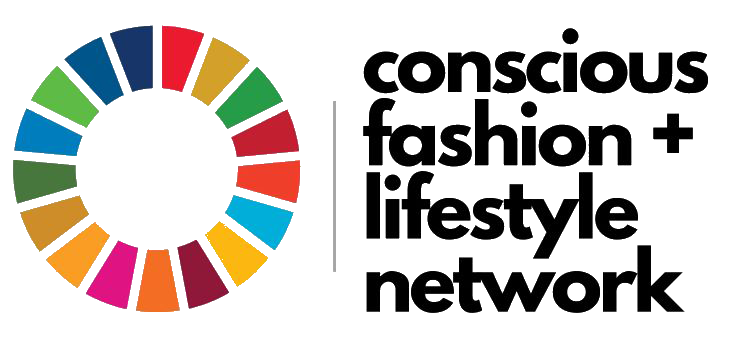Evaluation shows Caring for Life improves environmental behaviours in children
Samuels’ report titled ‘Humane education can improve environmental behaviours’ describes an evaluation that took place at six ACTAsia pioneer schools in Eastern China, at six schools in four cities, across 23 classes and 631 children. Caring for Life (CFL) has been incorporated into the school curriculum for six consecutive years of primary learning in these pioneer schools.
Using the CHEAKS assessment scale – the Children’s Environmental Attitude and Knowledge Scale, the evaluation shows significant improvements in behaviours addressing environmental issues among children who participate in ACTAsia’s CFL curriculum. These positive changes include improved attitudes towards water, energy, animals and recycling.

Behaviours towards pollution and general environmental issues did not change significantly. To address this, ACTAsia will introduce newly developed enrichment modules and include additional teaching training in these areas to improve limitations to the curriculum. In September 2020, we will introduce modules on climate change and biodiversity. There are also gaps in reinforcement of behaviours at home, which remains a challenge for Caring for Life. However, improved familial and community participation and an overall cultural shift in schools provide anecdotal evidence that changes are happening slowly. The process of evalutation gives us the process to refine and improve our curriculum, and ultimately improve the work we do towards the Sustainable Development Goal 4: Quality Education.
During CFL lessons, children now also consider how to be a responsible consumer of all commercial goods, gain awareness of plastics in the ocean, begin to understand the consequences of commercial exploitation of nature for food, TCM, entertainment, vivisection and fashion, as well as the links between unnaturally close contact with wild animals and zoonotic pandemics. The lessons also trigger critical thinking around environmental pollution, including that caused by industry, in particular fashion and fur production.
The results demonstrated by CHEAKS support the role that humane education can play in helping a global audience improve attitudes to global issues of great concern.
Caring for Life is ACTAsia’s education programme for children, consumers and professionals, aligned to the United Nations’ 17 Sustainable Development Goals (SDGs). Our programme for children is based on UNESCO’s Four Pillars of Education and was developed by Nick Leney, and is a foundation course in Learning to Live Together. As a holistic and broad approach to humane education, CFL for children supports the mandatory Chinese curriculum for moral and quality education. Although created specifically for primary schools in China, with cultural adaptation CFL can be used as a foundation for education across the world.

‘Environmental issues—such as climate change, animal exploitation, extinction, interspecific disease transfer, resource depletion, and waste production—are among the most urgent and potentially catastrophic challenges humans (and the world) face. The United Nation’s Intergovernmental Panel on Climate Change (2018) states that societies across the world must take “rapid and far-reaching changes” to reduce current levels of greenhouse gas emissions to avoid a suit of calamitous changes that would persist centuries if not millennia,’ states Samuels in his report.
‘And yet as accurate, frequent, and important as warnings like this are, they have not led to the changes widely seen as needed to avert global catastrophes… Although governmental action will likely be needed, change will surely need to start most in public attitudes and behaviours. Among the public, children are not only often more amenable to both evidence-based changes in attitudes than many adults, but changes made among children can sometimes transfer to adults. Therefore, education will play an increasingly important role in addressing these urgent issues.”
The International Journal of Humane Education will publish the report in the summer of 2020. It The report will be published under the iCARE umbrella of ACTAsia’s Institute of Caring for Life Academic Research and Education. You can read and download Samuels’ report here.
![ACTAsia [logo]](https://www.actasia.org/wp-content/themes/ACTAsia-2022-theme/assets/img/actasia-en-colour.svg)



